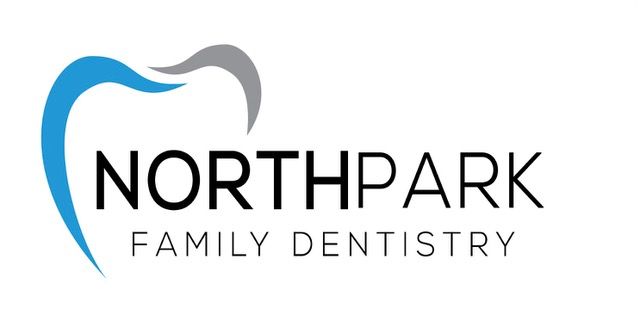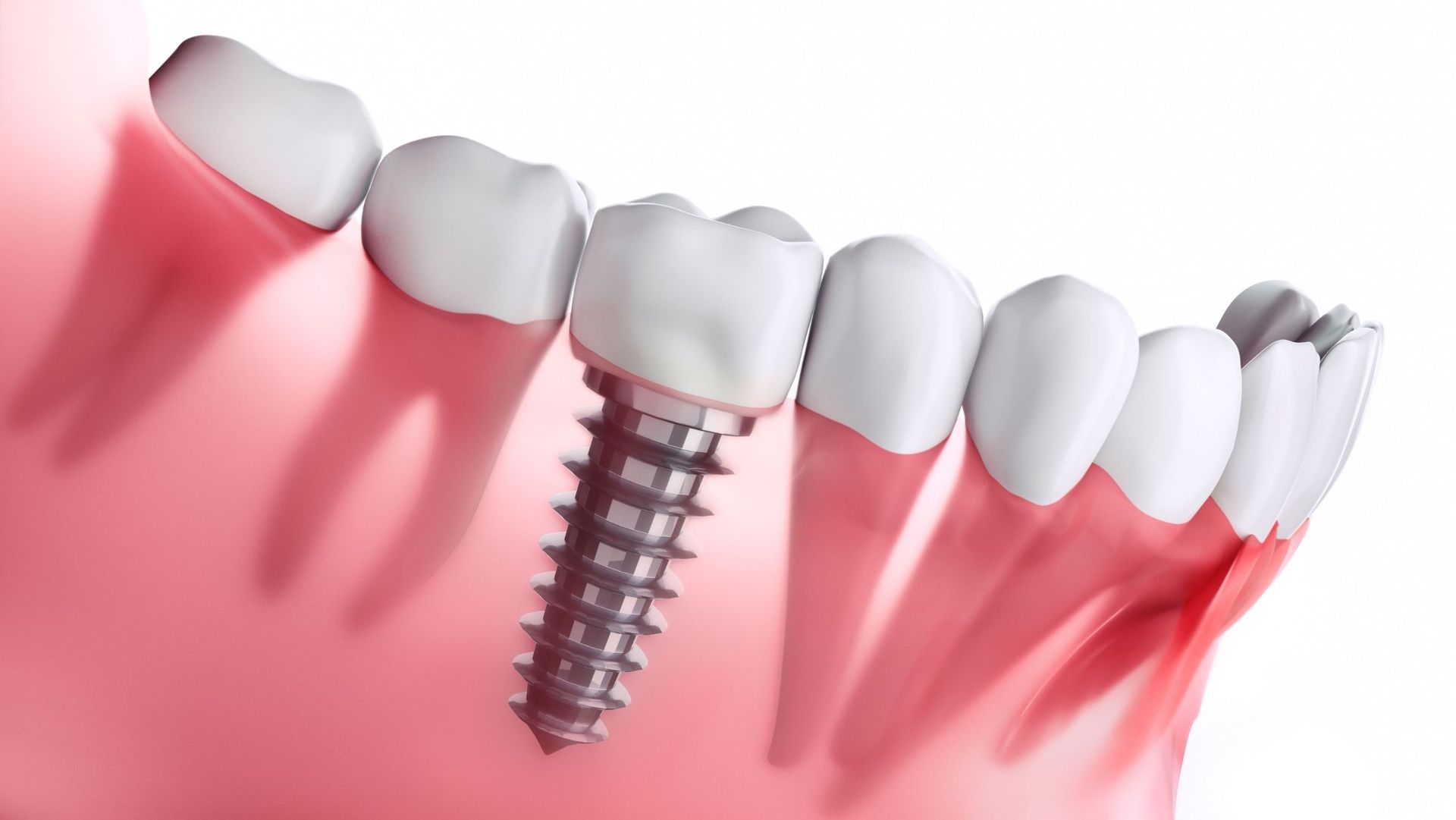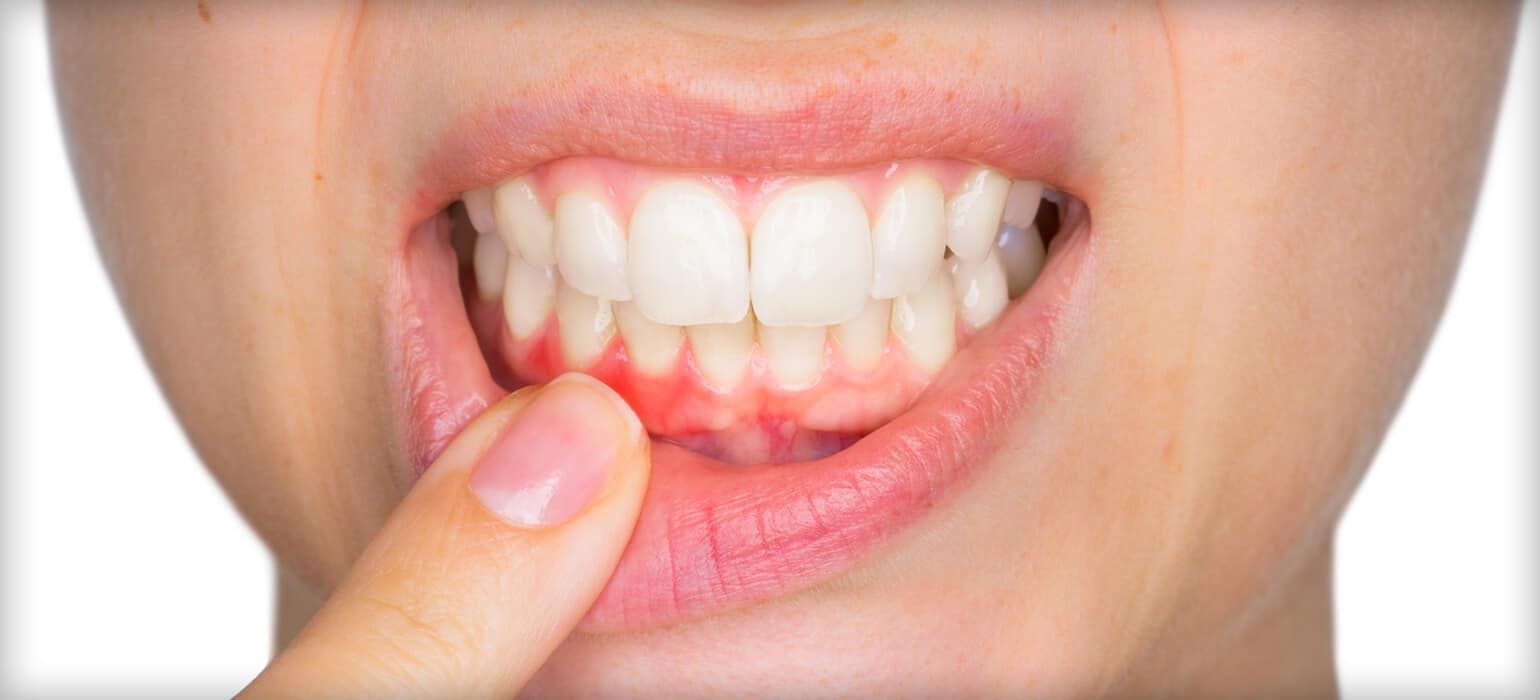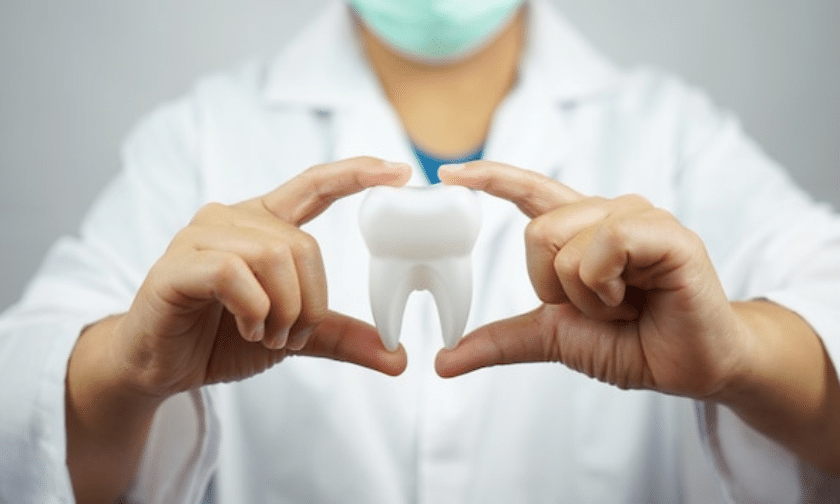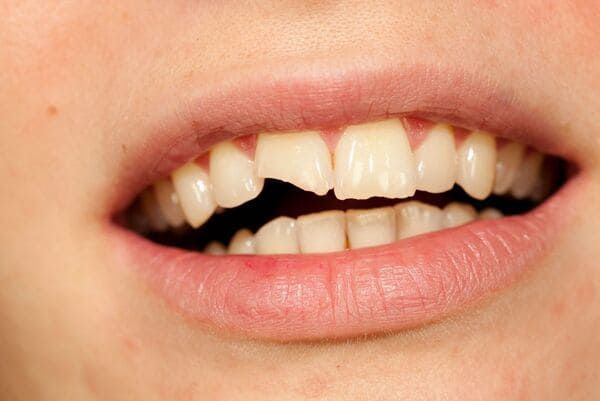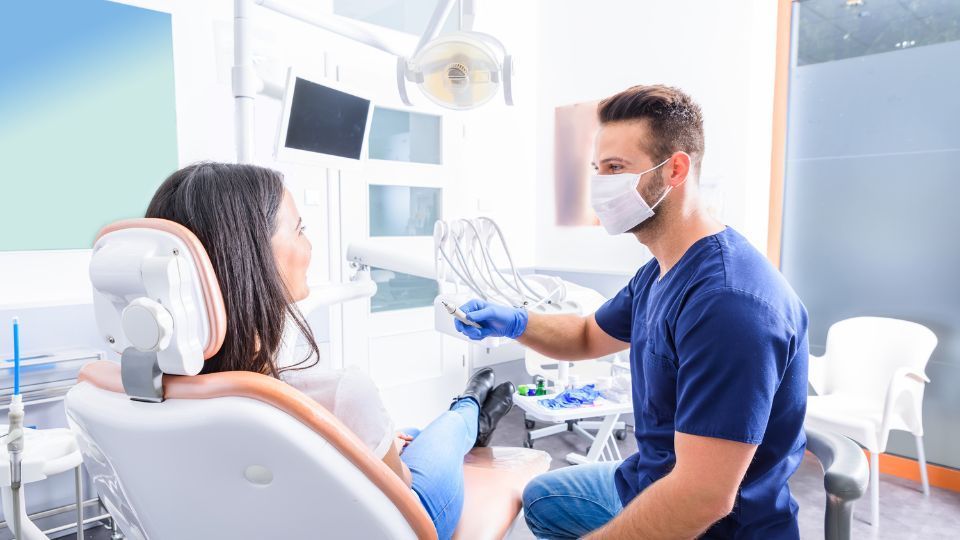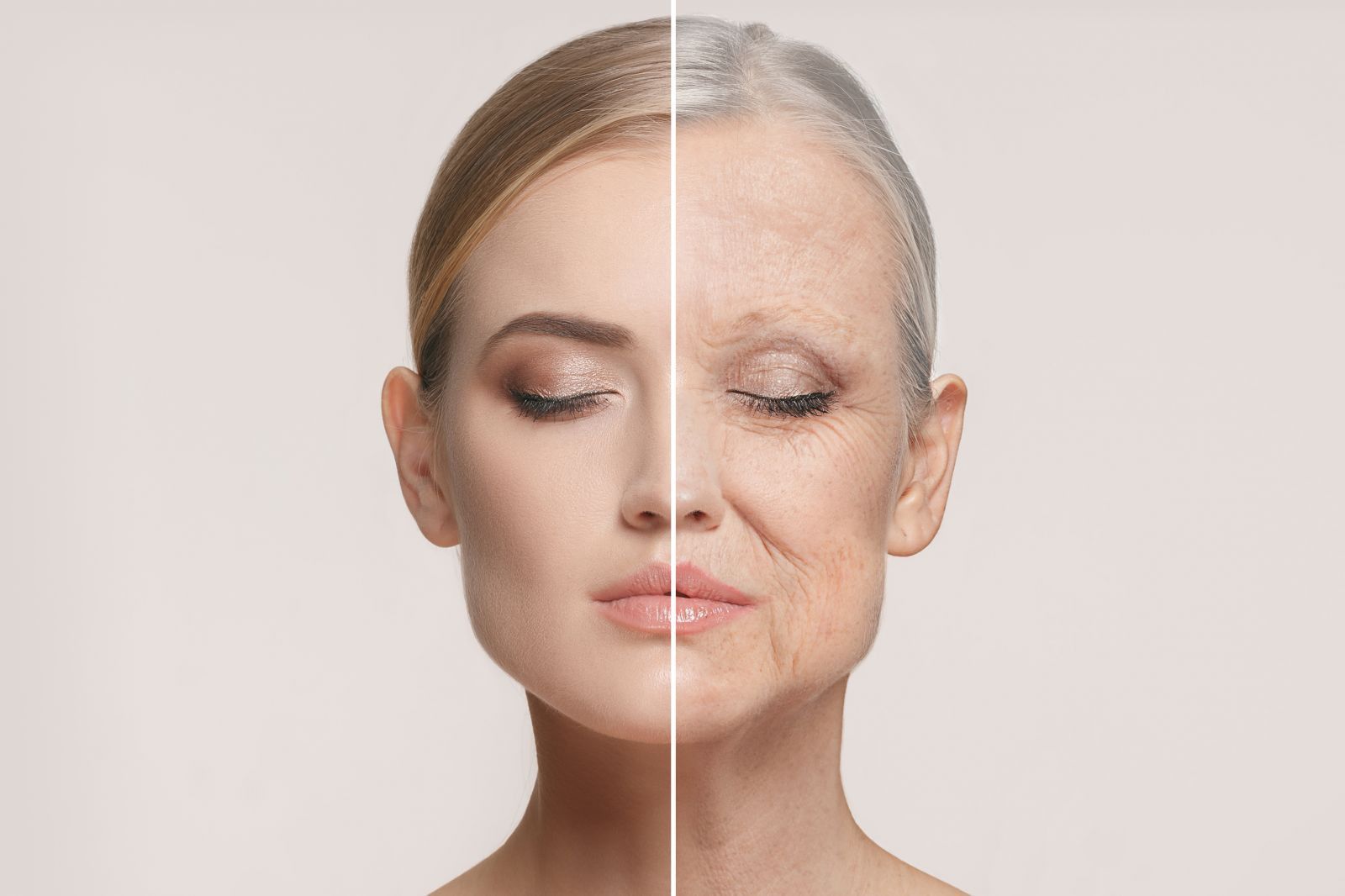What to Expect During Tooth Extractions
Severely damaged teeth might not be treatable through restorative dental procedures. Therefore, your dentist might recommend a tooth extraction. Also, if you have impacted wisdom teeth that are causing oral health issues, removal might be the suitable treatment option.
Reasons You Need a Tooth Extraction
Although your permanent teeth are meant to last a lifetime, you might need to get them removed. Some of the reasons that your dentist might recommend tooth removal include:
Crowded Mouth
Your dentist might recommend a tooth extraction procedure before orthodontic treatment. Orthodontic treatments aim to align your teeth. Therefore, if some teeth disrupt the goals of orthodontia, the dentist will recommend removal.
Also, a tooth might erupt, lacking space to develop. In such a case, removing the tooth might be a suitable treatment.
Infections
If a tooth develops an infection, especially in the root canal, it might cause complications. When the root canal infection spreads to the gums and jaws, it might affect other teeth. Therefore, your dentist will recommend a tooth extraction.
Gum Disease
When you have a periodontal disease your gums recede, making your teeth loose. In such a scenario, your dentist might recommend tooth removal if the gums can’t hold it in place.
Tooth Extraction Procedure
Before considering a tooth extraction, your dentist checks your teeth to ensure it is the suitable treatment. Next, the dentist will check the condition of the gums and the extent of decay since the adjacent teeth might be affected.
Since the tooth removal procedure is surgical, the dentist will ask about your medical history. Reviewing your medical history will help the dentist make adjustments to prevent the risk of complications during the procedure.
After examining your teeth, the dentist will proceed to prepare you for the dental procedure. The dentist will administer local anesthesia to numb the area, preventing pain.
When you require a tooth extraction, the treatment plan depends on the type of teeth that need removal. If the tooth that requires removal is visible, the dentist will use a tool known as an elevator to loosen the tooth and use forceps to remove the teeth as a whole.
When you are getting tooth extractions for impacted teeth, the dentist will make an incision on your gums. Next, the dentist will cut the tooth into small pieces and use forceps to remove them.
Once the site of extraction is clear of debris, the dentist will recommend you bite down a gauze to prevent excessive blood loss. You might experience swelling and little discomfort after the tooth extraction, which subsides after some time.
What to Eat After Teeth Extractions and Recovery
After tooth extraction, you might feel a little discomfort around the site of treatment. Therefore, you should consider eating soft foods. Eating hard foods might hinder recovery on the socket.
After tooth extraction, it takes a few days to recover. You can consider the following tips for fast recovery:
- Apply a cold compress directly on the cheek over the site of treatments to reduce swelling
- Leave the gauze pad in place for three hours to prevent excessive bleeding
- You can bite down to prevent blood loss if you don’t have a gauze pad
- Take medications as prescribed by the dentist, including over-the-counter drugs
- Avoid smoking since it hinders recovery
- Rest for the first 24 hours after tooth extraction to promote healing
- Don’t use a straw for the first 24 hours
- Rinse your mouth using warm saline teeth after the tooth extraction
As your gums heal, you can introduce other foods, and you can enjoy all your favorite foods when you are completely healed. In case you experienced any complications after tooth removal, please contact our office.
Risks of a Tooth Extraction
A tooth removal procedure is a safe procedure. However, there are risks associated with tooth extraction, although rare. Sometimes, a blood clot may not form in the socket, a condition known as dry socket. In such a scenario, our dentist at NorthPark Family Dentistry will apply a sedative dressing on the socket that should remain for a few days.
The other risks associated with tooth extraction include:
- Nausea and vomiting
- Severe fever and chills that might be a sign of an infection
- Excessive bleeding
